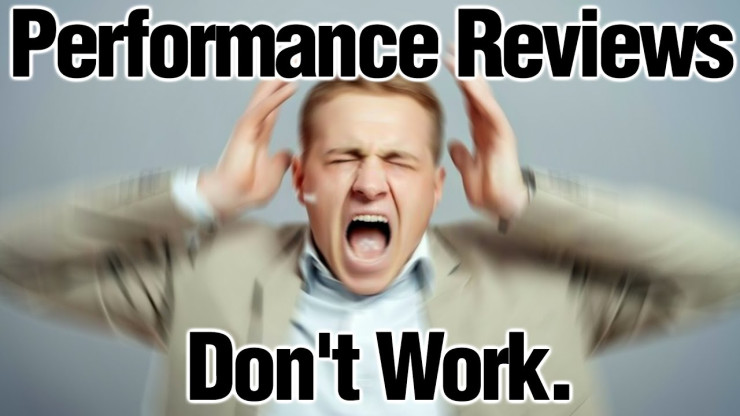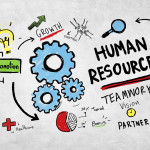Debunking the Myth: Why Performance Appraisals Don't Work

Umair Durrani
May 07, 2024
426
Contrary to popular belief, performance appraisals may not be as effective as once thought. Let's delve into why this traditional approach often falls short and explore alternative strategies for managing and improving employee performance.
The Pitfalls of Traditional Performance Appraisals
Subjectivity: One of the primary criticisms of performance appraisals is their inherent subjectivity. Evaluations can be influenced by personal biases, favoritism, and even office politics. This subjectivity undermines the fairness and accuracy of the appraisal process, leading to resentment and demotivation among employees.
Infrequent Feedback: Annual or bi-annual performance reviews provide feedback in retrospect, often too late to address immediate concerns or make meaningful improvements. In today's fast-paced work environment, regular and timely feedback is crucial for employee development and performance enhancement.
Focus on Past Performance: Traditional appraisals tend to focus heavily on past performance rather than future potential. While historical performance is essential, an employee's potential for growth and development should also be considered. Ignoring this aspect can limit opportunities for skill enhancement and career progression.
Negative Impact on Morale: The appraisal process, especially when tied to salary increases or promotions, can create a competitive and stressful atmosphere. Employees may feel pressured to outperform their colleagues, leading to a toxic work environment and decreased morale.
Moving Towards a More Effective Approach
Continuous Feedback: Embracing a culture of continuous feedback allows for real-time performance discussions. Managers can provide ongoing guidance, recognize achievements promptly, and address areas needing improvement before they escalate.
Objective Metrics: Implementing objective metrics and Key Performance Indicators (KPIs) helps remove bias from performance evaluations. Clear, measurable goals enable employees to understand expectations and track their progress more effectively.
Skills Development: Shift the focus from past performance to future potential by emphasizing skills development and career growth. Provide opportunities for training, mentorship, and challenging assignments that encourage employees to expand their capabilities.
Regular Check-ins: Replace annual reviews with regular check-ins to assess progress, discuss goals, and provide feedback. These frequent conversations foster open communication, mutual understanding, and a collaborative approach to performance management.
Conclusion
While performance appraisals have been a traditional tool in HR, their effectiveness is increasingly being questioned in today's dynamic workplaces. By addressing the pitfalls of traditional appraisals and adopting a more modern approach centered on continuous feedback, objective metrics, skills development, and regular check-ins, organizations can foster a culture of transparency, growth, and employee engagement. It's time to debunk the myth that performance appraisals are the sole solution to managing employee performance and embrace innovative strategies that drive meaningful results.








